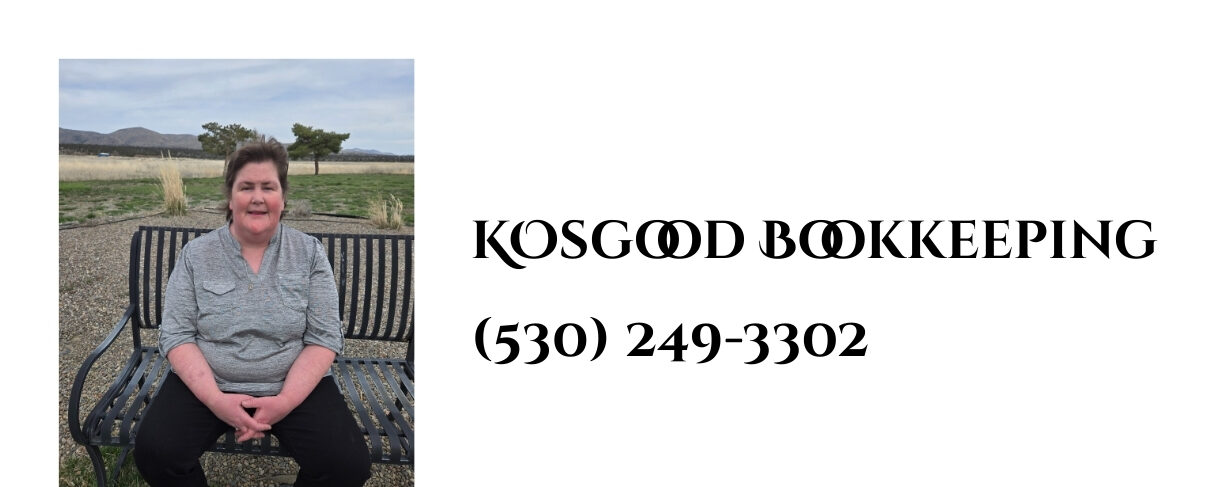
Getting your books caught up is a big step forward — but staying on track is where the real peace of mind begins.
Once your financials are current, it’s easier to see what’s working, spot problems early, and make decisions that help your business grow.
Here are a few simple, practical habits that will keep your bookkeeping organized all year long — without taking over your schedule.
1. Schedule a Regular “Money Date”
Just as you schedule client meetings or check emails, set a recurring time to review your finances.
For most small business owners, once a week works best. Use this time to:
- Record any new expenses or income.
- Match receipts to transactions.
- Check for any unusual charges in your accounts.
- Update invoices and payments.
It doesn’t have to take long — even 30 minutes a week can keep your books up to date and prevent months of backlog later.
💡 Tip: Put it on your calendar as a non-negotiable appointment. Treat it just like meeting with a client.
2. Use a Cloud-Based Bookkeeping System
If you’re still relying on paper records or manual spreadsheets, upgrading to a cloud-based system like QuickBooks Online or Xero can be a game-changer.
These tools automatically download transactions, categorize expenses, and create reports with just a few clicks. That means less manual entry, fewer mistakes, and easier collaboration when working with a bookkeeper.
With everything in one place, you’ll always know where your business stands — anytime, anywhere.
3. Keep Receipts Organized from Day One
Receipts can pile up quickly. A missing one might not seem like a big deal, but it can add confusion at tax time or during an audit.
Try this simple system:
- Snap a photo of each receipt as soon as you get it.
- Upload it to your bookkeeping software or a cloud folder.
- Label it with the date and purpose (like “Office Supplies – Staples”).
Digital storage keeps everything neat and searchable — no more shoeboxes or piles of paper on your desk.
4. Reconcile Accounts Monthly
Reconciliation sounds technical, but it’s just the process of comparing your bank statements to your bookkeeping records. Doing this once a month ensures everything matches and errors are caught early.
If your balances don’t align, it’s usually a sign of missing transactions or duplicates. Fixing small issues monthly is far easier than untangling them at year-end.
5. Separate Business and Personal Finances
This is one of the biggest (and most common) mistakes small business owners make. Mixing personal and business transactions makes bookkeeping confusing and taxes messy.
Open a dedicated business bank account and use a business credit card for all expenses related to your company.
Not only does it simplify bookkeeping, but it also helps protect your business legally and makes deductions easier to track.
6. Don’t Wait Until Tax Time
If your books are only updated when tax season rolls around, you’re setting yourself up for stress. Instead, think of bookkeeping as a tool for running your business — not just filing taxes.
Accurate records help you:
- See which products or services are most profitable.
- Track where your money goes each month.
- Plan for growth or slow seasons.
- Avoid unpleasant tax surprises.
When your books stay current, tax prep becomes quick and painless — and you’ll have a clearer picture of your business year-round.
7. Partner with a Professional Bookkeeper
Even with good systems in place, your time is valuable. Outsourcing your bookkeeping means you can focus on running your business while knowing your finances are in expert hands.
A professional bookkeeper does more than just record numbers — they help interpret them. They’ll spot patterns, flag potential issues, and keep your financial data accurate and ready for anything from growth planning to loan applications.
At Kosgood Bookkeeping, we work with business owners who want reliable, up-to-date books without the stress of managing them all themselves.
Final Thoughts
Bookkeeping doesn’t have to be complicated — it just needs consistency. With a few smart habits and the right support, you can keep your records clean, organized, and ready whenever you need them.
And if you’ve already taken the step to catch up on your books, don’t stop there — stay ahead by setting up a routine that works for you.
👉 Need help staying on track? Kosgood Bookkeeping can help you create a simple, sustainable bookkeeping system tailored to your business.
Contact us today to learn how.
